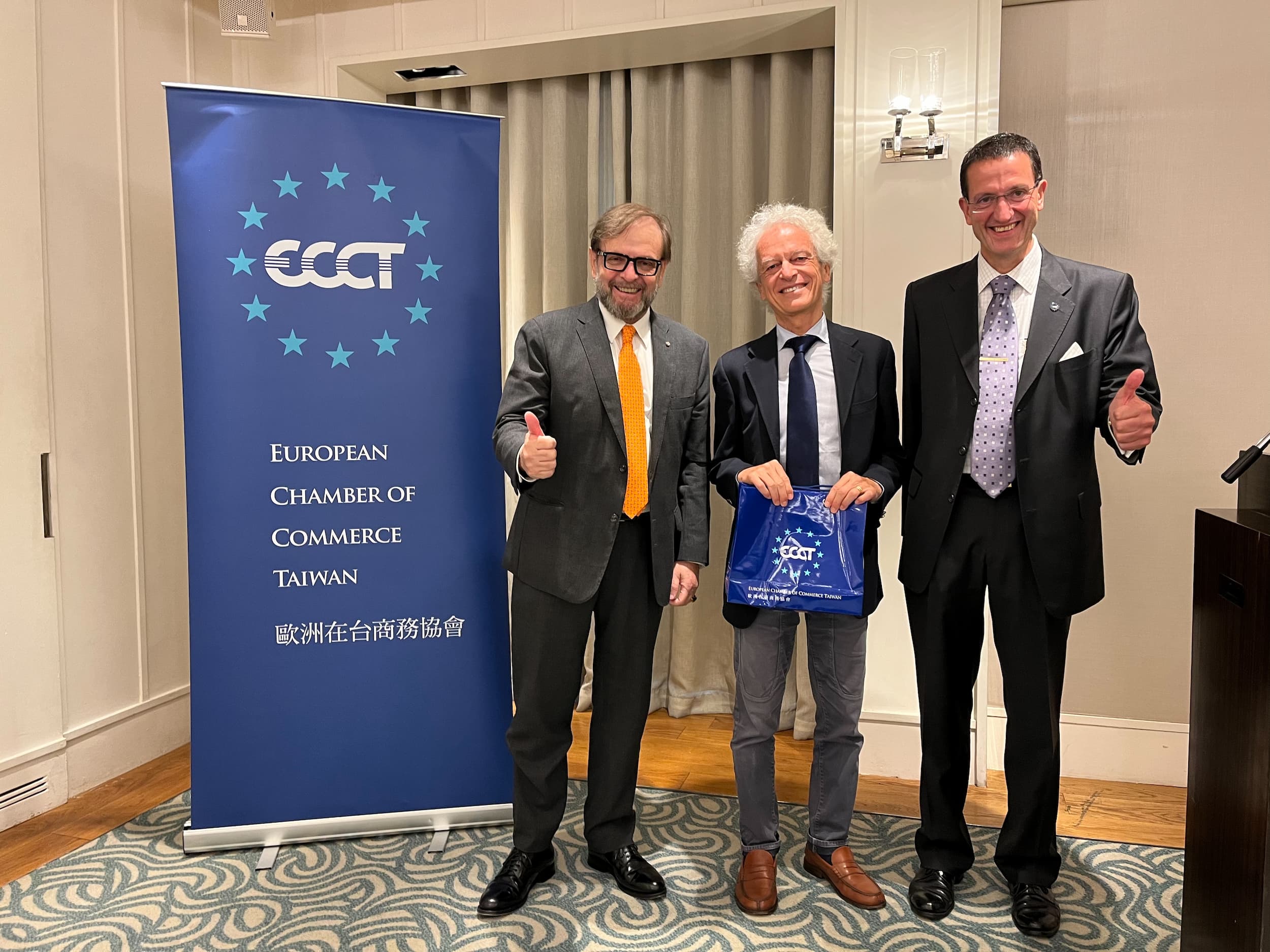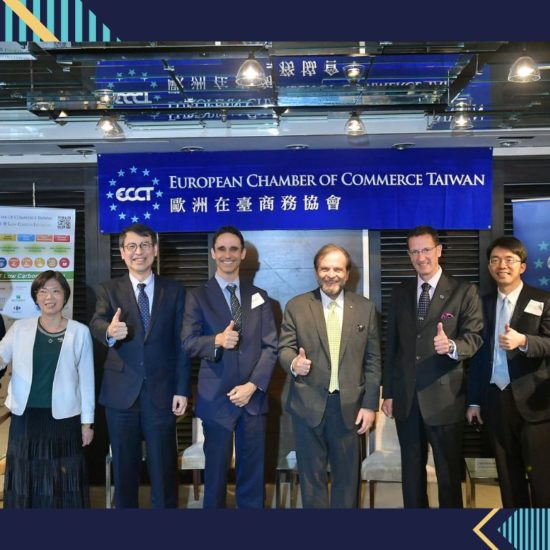Thoughts on worldwide elections in 2024

The ECCT arranged a Special Lunch on the topic: "2024, the year when the whole world votes" with guest speaker Federico Rampini, Global Columnist for Corriere della Sera. In his speech, Rampini offered insights on forthcoming elections in the US, the European Union and elsewhere.
On EU parliamentary elections, based on recent polling, it is expected that support for right wing nationalist parties will strengthen, although not enough to yield a dramatic change. This is because the traditional right of centre parties in Europe are still reluctant to align with far right nationalists, which will make it difficult for the extreme right to gain significant influence.
The main issues of concern for voters in Europe are inflation, immigration (especially as it pertains to law and order, public safety and security), decarbonisation (how quickly and how far to decarbonise) and welfare reforms. Foreign policy is never a top concern of voters but will nevertheless come up in debates.
In the United States, there is a high degree of uncertainty as to how the 2024 presidential election will play out. Both the leading candidates for their respective parties (Donald Trump for the Republicans and Joe Biden for the Democrats) have extreme weaknesses. The main one for Trump is that he has already been indicted on numerous charges. Rampini said that he agreed with the assertion that the US is suffering a crisis of democracy. For the first time, it is conceivable that someone who has been elected president could be incarcerated.
Meanwhile Joe Biden is regarded by many as too old to serve as president. His limitations will be on full display as the campaign gets into full swing and he is likely to struggle in a debate against Donald Trump, who has a track record of skewering his opponents in debates. If Biden had a formidable partner as vice president, it would help, but Kamala Harris has been a disappointment to supporters so far.
Like Europe, the top concerns of US voters are inflation, immigration and decarbonisation (although the debate on decarbonisation in the US is more fraught given a backlash by conservatives against green initiatives). Another important factor in the US is the ongoing culture wars, as conservatives rail against so-called "woke" issues, such as support for transgender rights.
On foreign policy, a second Trump presidency is likely to see a continuance of the current China policy (which began with the first Trump presidency and has evolved under Biden). Expect a continuation of reshoring, embargoes (or restrictions) on the export of high tech goods and knowledge. Trump, however, may cancel or revise the focus on green technology. Trump would probably discontinue support for Ukraine and adopt a more isolationist approach to its allies. If he does, it could have a profound impact on alliances, such as with Japan and South Korea. It could even prompt them to develop nuclear weapons. Trump would also be much less open to compromise with the Washington establishment than he was in his first term, when he was inexperienced.
A second Biden presidency would see more results of Biden's policies, such as more reshoring (to the US) and supply chain shifts financed by policies such as the Inflation Reduction Act. According to figures cited by Rampini, one million jobs have already been created in the past two years thanks to reshoring. Companies like TSMC have complained about the working culture and higher costs of doing business in the US. However, the generous subsidies they have received have helped to offset the extra costs. Other examples of investments in the US from the likes of Samsung and Volkswagen seem to indicate that the subsidies are working. If Biden wins in 2024, expect also to see more "friend-shoring" (investments in friendly countries like India and Vietnam).
As for doing business with China, Rampini believes there has been a softening of rhetoric on the part of the US over the past year. US Treasury Secretary Janet Yelen, for example, used to talk about decoupling from China but now only talks about derisking.
However, the situation for Germany is much more serious. For more than two decades Germany has enjoyed an enormous economic boom, thanks in large part to rising exports to China, financed by cheap Russian gas and a relatively open Chinese market. Germany was the only G7 country to enjoy a trade surplus with China. But this era is now over. While there is still considerable bilateral China-Germany trade, China is now a competitor in sectors like electric vehicles.
While China's global influence remains strong, Xi's tacit support of Russia's war on Ukraine has eroded trust and diminished the appetite of western leaders to deal with China. While Xi is continuing to wield influence in the global south, he is paying a heavy price for his continued support of Vladimir Putin in the west.
While Ukraine has won support from the west for its defensive efforts, the path to Ukraine's membership of NATO and European Union will be difficult. For example, absorbing such a large economy into the EU would be very expensive, which means some member states which are now net beneficiaries of development aid would become net contributors. That said, there will be a lot of opportunities for member states to help rebuilding efforts in Ukraine after the war.
On the post Ukraine war reality, European citizens are also not yet prepared for the consequences. They have become accustomed to being pacifist and the average citizen has not yet grasped the reality that keeping the peace will entail spending much more on defence in future.

